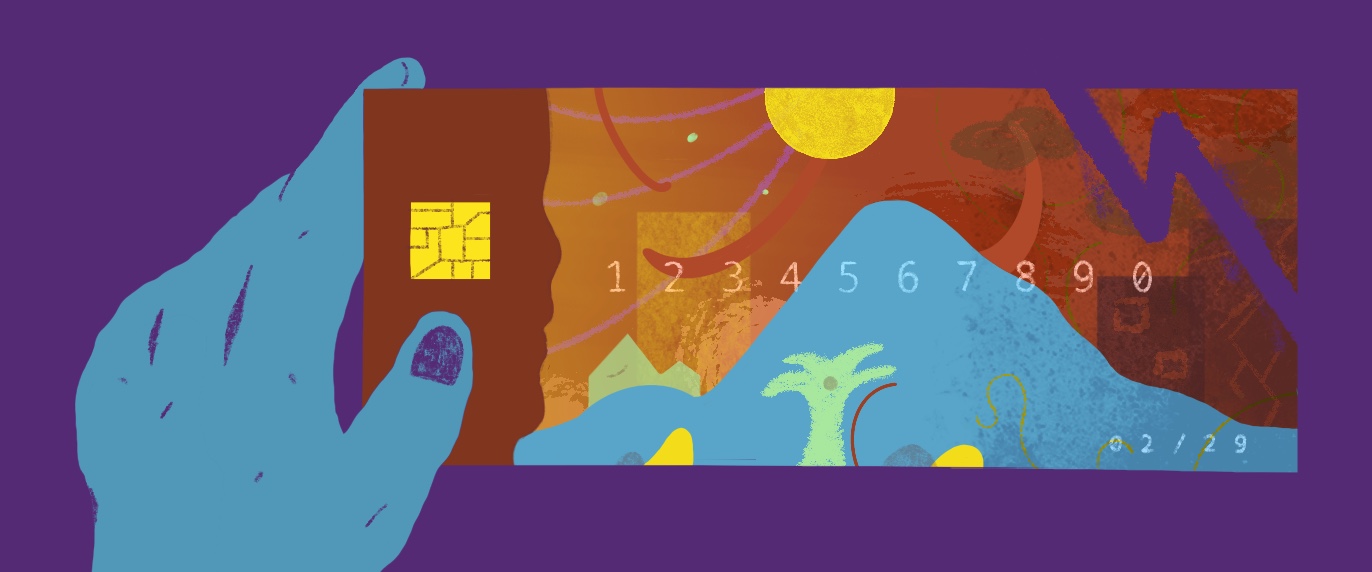
Written by Frankie Barnet
The shame keeps you up at night. You think about where the money went. Maybe one big thing: a trip to Mexico or the laptop you needed for school. Often, it’s a bunch of little things. Late at night, you run through the list in your head: new shoes, that jacket for your interview, Reading Week 2016, flea meds for the cat. All those little things pile up around you and suddenly it’s hard to breathe.
“Our beliefs about money are so ingrained that it’s hard to talk about them without a lot of emotion coming up,” Self-Help Guru Louise Hay once said. “It is much easier to teach a workshop on sexuality than it is to teach a workshop on money.” By Hay’s logic, is being a financial failure even worse than being a sexual one?
In a society where too much of our self-worth is determined by how much we earn, the impulse to project affluence can lead many to spend beyond their means and wrack up seemingly insurmountable levels of debt. Even if you’ve paid off the bill, a bad credit score can feel like a weight around your ankles.
Here are five things you can do to start rebuilding your financial security:
1) Pay your bills (if you haven’t already)
Maybe this wasn’t what you wanted to hear, but there’s no way around it. Talk to your bank about ways to tackle your debt that still leave room for you to enjoy your life.
2) Check your credit score
This one might be even less fun than the first, but it's just as important. Facing the problem head-on is the only way to grasp the true extent of what you're dealing with. There’s even a chance it might not be as bad as you think. A friend of mine once spent five years agonizing over an old credit card he’d accidentally left as the payment method for his Netflix account, only to discover that the bank had closed it themselves. In the end, all the debacle cost him were the countless sleepless nights he spent convinced he’d never be able to get a mortgage.
Cut yourself some slack. Most of us have made poor financial decisions in the past. But that’s not all we do with our lives.
3) Create new habits
It’s far too easy to overspend. Creating a budget that helps you stay within your means is essential in creating financial responsibility. Apps like Mint and Pocket Guard can help enormously. They also provide reminders to pay your bills on time.
4) Get another credit card
Why? You might ask. It’s that wretched plastic that got me into this mess in the first place! But whether you like it or not, having a healthy credit score is directly linked to your ability to make big purchases in the future, such as a house or a car. It can even affect your ability to rent an apartment or be hired for a job. There are many credit cards specifically meant for people with bad credit. While you may not gain access to the same benefits as with some of the flashier cards, it’s still a step in the right direction.
5) Cut yourself some slack
Most of us have made poor financial decisions in the past. We spend money because that’s what our culture has taught us to do since we were born. But that’s not all we do with our lives. We help our friends, we love our partners and our families, we study subjects we’re passionate about, we participate in our communities. Shame can be useful insofar as it tells us we’ve done something wrong. But chances are you already know that. You’ve probably had that wrong hanging over your head for some time now.
Despite the overwhelming prevalence of money in our society, few of us are actually taught how to handle our finances responsibly. And like sex, we’re constantly inundated with its gratuitous and unrealistic depictions. There’s no magic spell or one size fits all solution to solving your complicated relationship to money. But facing the problem head-on is a good place to start.
We can help
Lawyers Financial offers free financial planning to every member of Canada’s legal community. Get practical advice about managing debt, investing in your future and making a budget that leaves room for living. Book a free 30-minute financial planning session now.
Sign up for more
Sign up for our newsletter to stay updated and receive upcoming blogs and similar content, tailored to law students and new lawyers, straight to your inbox.
Frankie Barnet is a Montreal-based writer whose new book, “Kim: A Novel Idea,” is available from Metatron Press.


